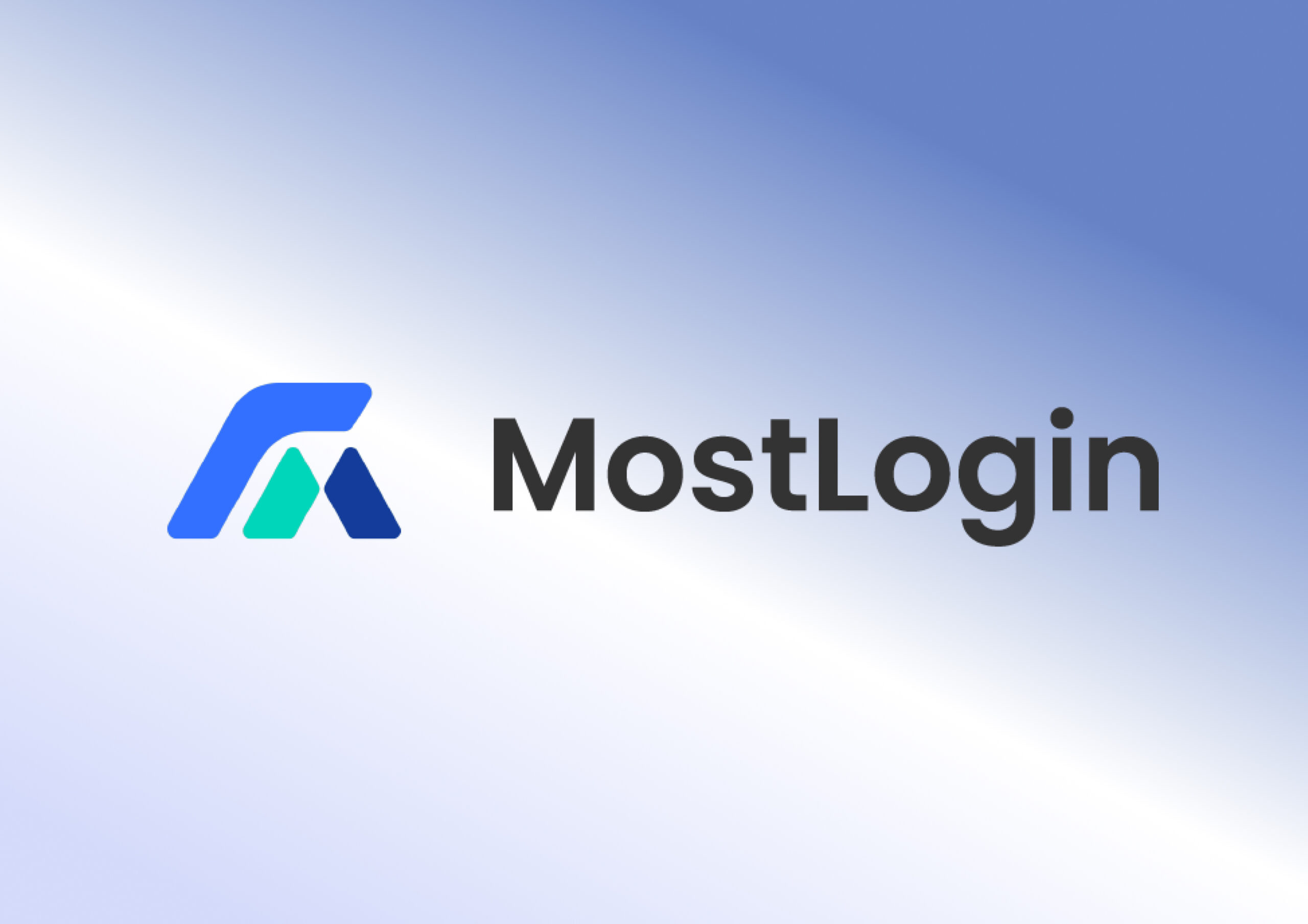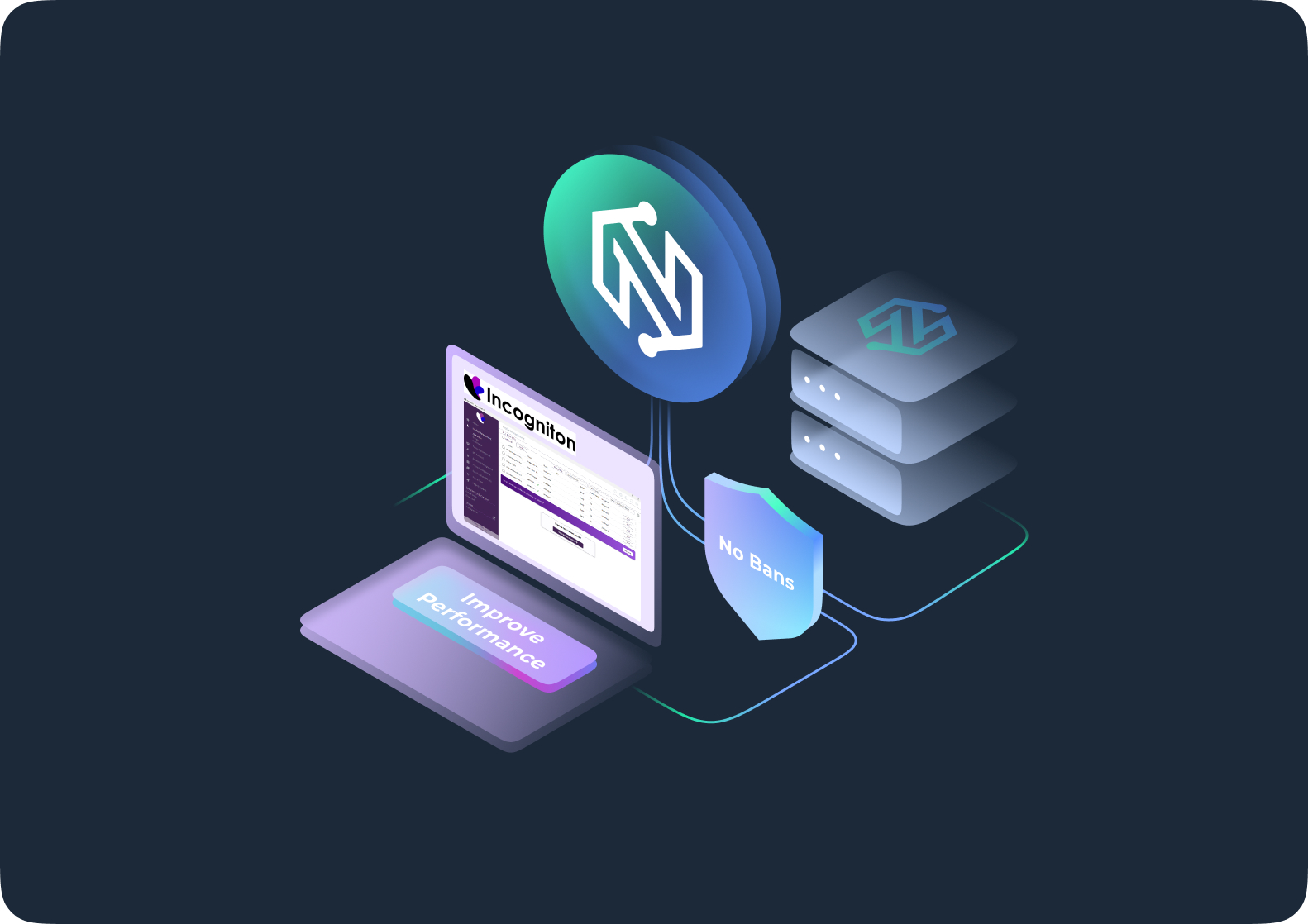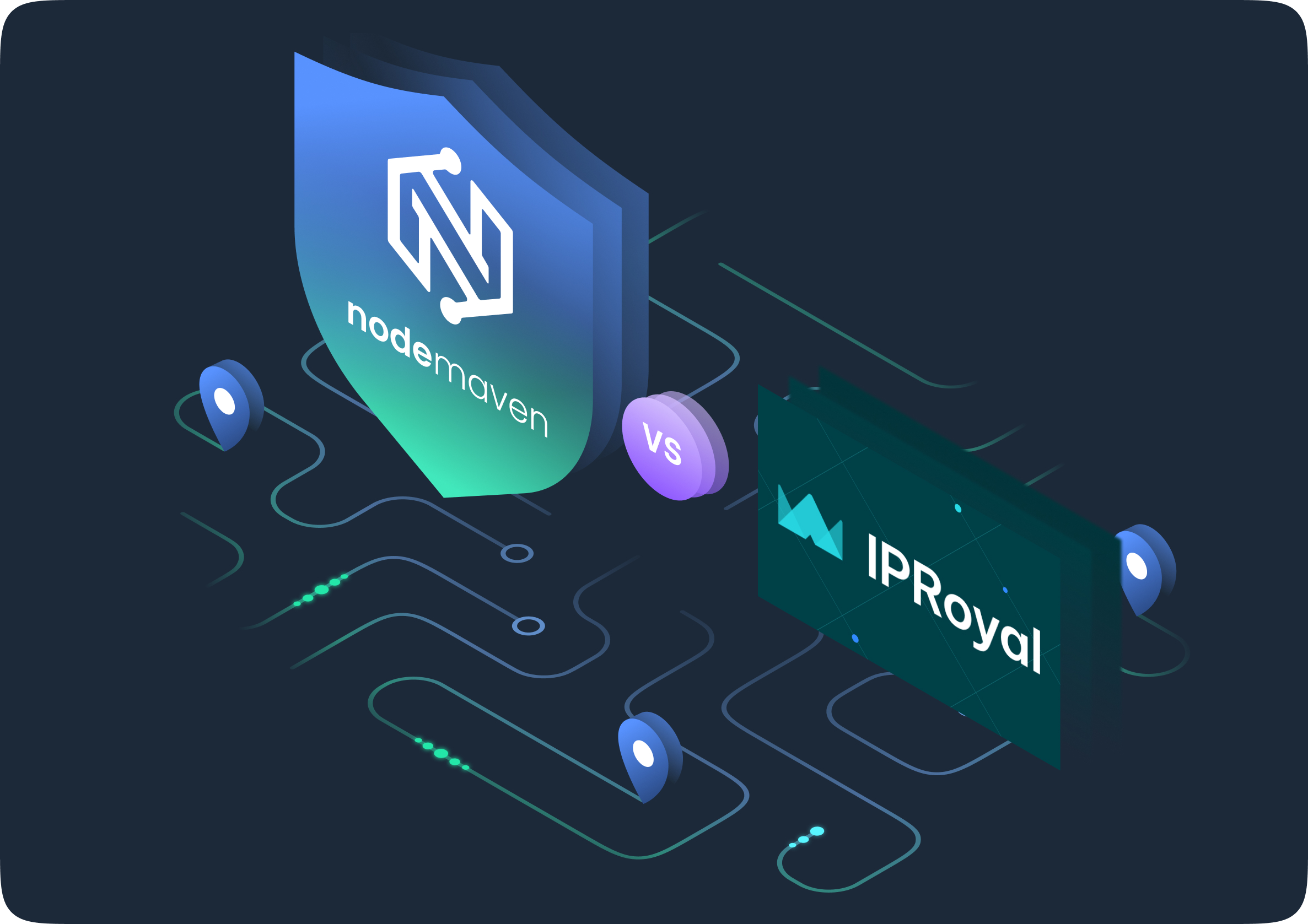C# vs Java is the modern-day Tom vs Jerry rife, with each language offering distinct advantages that keep developers divided.
As web scraping becomes an essential tool for businesses and developers looking to extract valuable information from websites, the choice between these two can significantly impact your results.
Whether you’re monitoring market trends, gathering competitive intelligence, or automating data collection, choosing the right programming language can make or break your scraping efficiency.
In this article, we’ll break down the strengths and weaknesses of both languages, helping you decide which is best for your web scraping project.
What Is Web Scraping?
Web scraping is the process of extracting data from websites using automated scripts or tools.
This data can then be stored, analyzed, or used in various applications, such as price monitoring, lead generation, SEO tracking, and more.
Why Choosing the Right Language Matters for Web Scraping
When it comes to web scraping, the programming language you choose directly affects the speed, efficiency, and reliability of your scraping tasks.
Some languages are better suited for handling dynamic content, while others excel in processing large datasets.
The C# vs Java debate is essential because each language offers unique advantages and challenges, depending on your specific project requirements.
JavaScript for Web Scraping
JavaScript has become a popular choice for web scraping, particularly because of its dominance in web development and its ability to interact directly with browser-based environments.
Key Features of JavaScript in Web Scraping
- Dynamic content handling: JavaScript is ideal for scraping dynamic websites that rely on AJAX or other JavaScript-rendered content.
- Headless browsers: Tools like Puppeteer and Playwright allow developers to automate browser tasks in a headless mode, mimicking real user behavior.
- Asynchronous operations: JavaScript’s asynchronous nature enables efficient handling of multiple scraping tasks simultaneously.
Popular JavaScript Web Scraping Tools
- Puppeteer: A powerful Node.js library that controls Chrome or Chromium, ideal for scraping dynamic content.
- Cheerio: A fast and flexible library for parsing HTML, perfect for simple scraping tasks.
- Playwright: Similar to Puppeteer but supports multiple browsers like Firefox and WebKit, making it more versatile.
Pros and Cons of Using JavaScript for Web Scraping
Pros:
- Excellent for scraping dynamic, JavaScript-heavy websites.
- Large community support and extensive libraries.
- Easy to integrate with other web technologies.
Cons:
- Slower performance compared to compiled languages like C#.
- Higher memory usage when using headless browsers.
- Can be more prone to detection due to browser-like behavior.
C# for Web Scraping
C# is a powerful, statically typed language developed by Microsoft, known for its robustness and high performance. It’s a strong contender in the C# vs Java debate for web scraping due to its speed and flexibility.
As per the TIOBE Index of October 2023, Java witnessed a decline of 3.92%, whereas C# saw a rise of 3.29% among all programming languages, reflecting an evolving preference among the developer community.
Key Features of C# in Web Scraping
- High performance: As a compiled language, C sharp offers faster execution and better memory management.
- Strong typing and error handling: C sharp provides better error detection at compile time, reducing bugs and improving code reliability.
- Integration with .NET libraries: Access to a rich set of libraries for networking, HTTP requests, and data processing.
Popular C# Web Scraping Libraries
- HtmlAgilityPack: A widely used library for parsing HTML documents, allowing for easy data extraction.
- Selenium with C#: Automates browsers for scraping dynamic content, similar to JavaScript tools like Puppeteer.
- AngleSharp: A modern library for parsing and querying HTML documents, offering a LINQ-like syntax for data extraction.
Pros and Cons of Using C# for Web Scraping
Pros:
- Faster execution and lower memory usage.
- Better suited for large-scale, data-intensive scraping projects.
- Strong error handling and debugging tools.
Cons:
- Steeper learning curve for beginners.
- Less flexible for scraping highly dynamic websites compared to JavaScript.
- Smaller community and fewer open-source scraping libraries.
C# vs JavaScript: Key Differences in Web Scraping Performance
When deciding between C# vs Java for web scraping, understanding their performance differences is crucial.
Let’s dive into the key performance factors that set C sharp vs Java apart in the world of web scraping.
Speed and Efficiency
When it comes to raw performance, C# generally outperforms JavaScript. Its compiled nature allows for faster execution and more efficient memory usage, making it ideal for large-scale scraping projects.
JavaScript, on the other hand, excels in handling dynamic content but may suffer from slower performance due to its reliance on headless browsers.
Learning Curve and Community Support
JavaScript has a larger, more active community, which means more tutorials, libraries, and support are available.
It’s also easier to learn, especially for developers already familiar with web development.
C#, while more powerful in certain aspects, has a steeper learning curve and a smaller community focused on web scraping.
Flexibility and Scalability in Large Projects
C# is better suited for large, complex scraping tasks that require high performance and robust error handling.
JavaScript shines in smaller projects or when scraping dynamic content from JavaScript-heavy websites.
In the C# vs Java debate, your project’s complexity and scalability needs will play a significant role in your choice.
Compatibility with Proxies and Anti-Bot Solutions
Both languages can integrate with proxies, but C# offers more control over low-level network configurations, making it easier to implement custom proxy solutions.
JavaScript, while capable, may face limitations due to its higher-level abstraction and reliance on browser-based scraping tools.
Which Language to Choose? Factors to Consider
When deciding between C# vs Java for web scraping, consider the following factors:
- Project requirements: For dynamic websites, JavaScript is often the better choice. For large datasets and high-performance needs, C# is superior.
- Developer expertise: If you’re already familiar with web development, JavaScript will feel more intuitive. For those with experience in .NET or enterprise-level applications, C# will be more comfortable.
- Budget and time constraints: JavaScript’s ease of use can speed up development time, while C# may require more initial setup but offer long-term efficiency.
Boost Your Web Scraping Success with NodeMaven Proxies
To maximize the success of your web scraping projects, whether you choose C# vs Java, using high-quality proxies is essential.
NodeMaven offers robust proxy solutions tailored for both languages.
- Residential proxies: Secure high anonymity and avoid detection while scraping sensitive data.
- Rotating residential proxies: Automatically switch IPs to bypass rate limits and avoid bans.
- Static residential proxies: Maintain consistent IPs for long-term scraping projects.
- Uninterrupted integration: NodeMaven proxies are compatible with popular scraping tools in both C# and JavaScript.
- 24/7 support: Get expert help whenever you need it to keep your scraping tasks running smoothly.
Supercharge your web scraping projects with NodeMaven’s reliable and efficient proxy solutions.
Sign up today and experience uninterrupted, undetectable scraping!


